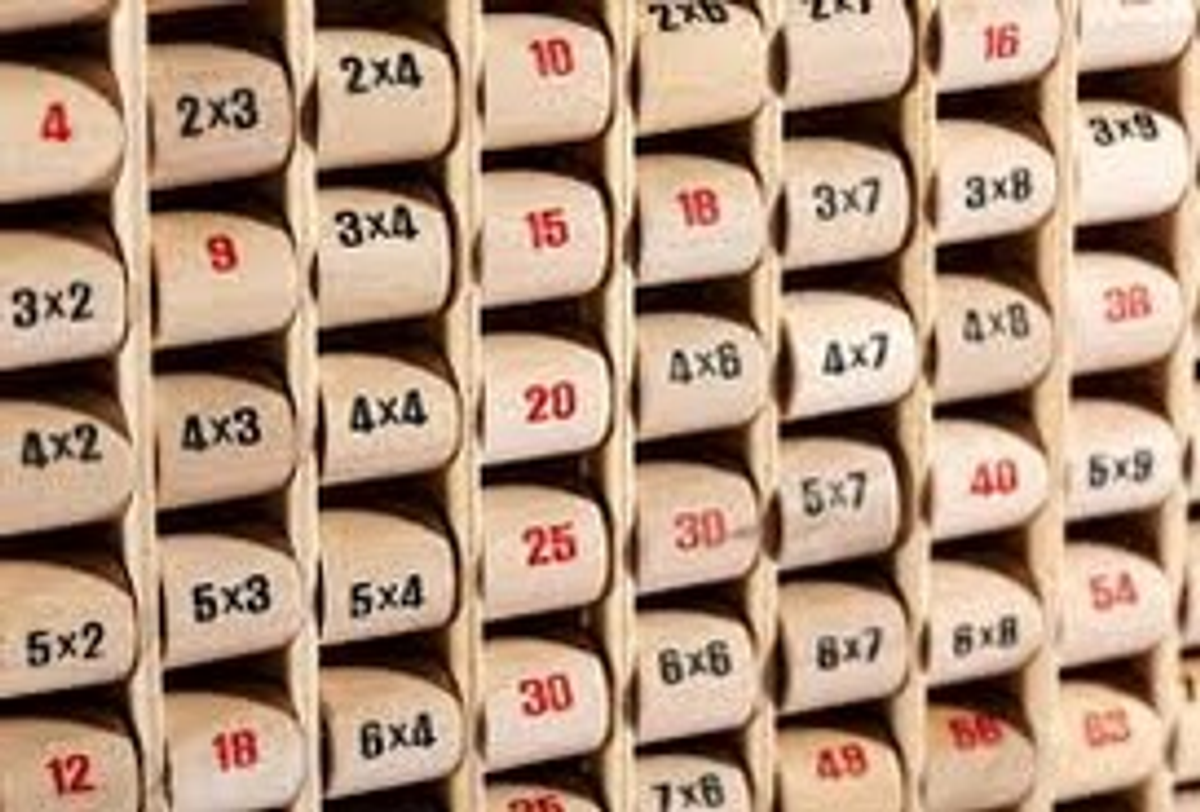Primary News

Top 10 reasons for developing your child’s understanding of times tables.
Knowing times tables is a fundamental skill in mathematics with several important implications for a student's mathematical development and overall cognitive growth. Here are some reasons highlighting the importance of students knowing their times tables:
- Efficiency in Calculations: Times tables provide a foundation for performing multiplication and division operations quickly and accurately. This efficiency becomes crucial as students progress to more complex math problems and real-world applications.
- Math Fluency: Memorising times tables enhances math fluency, enabling students to solve problems more confidently and accurately. This foundational skill accelerates the learning of more advanced mathematical concepts.
- Problem Solving: Many mathematical problems, both in and out of the classroom, involve multiplication and division as essential components. Proficiency in times tables helps students break down and solve these problems effectively.
- Mental Math: Knowing times tables aids in mental math, allowing students to perform calculations without relying heavily on calculators or writing things down. Mental math skills are valuable in daily life and can be particularly handy in situations where calculators aren't readily available.
- Building Blocks for Higher Math: Multiplication is a key concept in mathematics that underpins various advanced topics such as algebra and geometry. A solid grasp of times tables is necessary for these higher-level concepts to be learned more easily.
- Confidence and Motivation: Students who have a strong foundation in times tables often exhibit higher levels of confidence in math. Success in basic calculations boosts their motivation to tackle more complex math problems and engage more actively in their math studies.
- Real-World Applications: Times tables are applicable in various real-world scenarios such as budgeting, cooking, shopping, and understanding proportions. These skills contribute to a student's ability to navigate everyday life effectively.
- Cognitive Development: Learning times tables requires memory, pattern recognition, and mental organisation. Engaging with these cognitive processes enhances brain development and strengthens skills that extend beyond mathematics.
- Critical Thinking: While memorisation is an aspect of learning times tables, students also develop critical thinking skills when they explore patterns and relationships within the times tables. This analytical approach fosters deeper mathematical understanding.
- Mathematical Communication: A shared understanding of times tables allows for more efficient communication in math classrooms. Teachers and students can refer to these common calculations when discussing concepts, making explanations clearer.
In conclusion, knowing times tables is more than just a rote memorisation exercise; it's a foundational skill that empowers students to tackle mathematical challenges with confidence, aids their cognitive development, and has practical applications in everyday life.


